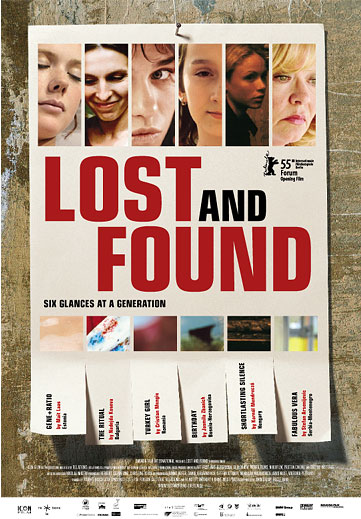
Readings for The Second Sunday in Lent, 20th March 2011 can be taken from Genesis 12:1-4a Psalm 121 Romans 4:1-5, 13-17 John 3:1-17. [ Matthew 17:1-9..(if not used two weeks ago) features in the older lectionary]
During this early part of Lent we focus on the need to REPENT.
Christians talk about this a lot.
Turning away from sin,
asking forgiveness
saying sorry: to God and to those we have sinned against.
It is an important idea.
More than an idea, it is something that needs to happen,
we all know this
We could make many observations
and no doubt will.
I want today, however,
to just put together this idea
with what the Bible readings offer us,
because today the Scriptures are filled with hope
and we have the most famous bible verse
for Anglicans, and indeed all Christians, which reminds us of this
God so loved the world
that he gave his only Son
so that everyone who believes in him
may not perish but have eternal life
John 3:16
These words that we know so well
contain in a nutshell
all that is good, true, hopeful and profound
about what God is doing in our lives and the world.
At the heart of it
we are reminded that our God is the God who LOVES
that everything is done out of love, because of love
in order that we might be loved and that we might love better.
Jesus invites Nicodemus to be 'born again from above'.
This process of being "born again"
is difficult for Nicodemus (and us) to understand.
What is interesting about it
is that although we often see ourselves
as passive receivers of God's grace
of this 'being born again'
[that is, we sit back and God does it to us]
there is more force in it than that
"You must be born again", says Jesus.
We have to submit to it, to desire it, to want it!
Repentance is like that
it requires that we invite its cooperation
that we want to repent
we want to be born again.
It will not just happen.
we need to invite cooperation
we need to decide that we are going to make this happen.
This is not neat and tidy,
and maybe we would like it to be more so
but that is what sin, repentance, prejudice and reconciliation
are like.
They are not black and white
but grey and less grey,
grey and greyer.
And the mystery of reconciliation, being born again,
repentance
is not so much bought and sold
as entered into
and lived out.
It is this that Abram is invited into
when God says:
Set out from your country. to a new land that I will show you
I will bless you , and in you all the earth will be blessed
This great message of hope and promise
is the journey of faith
which we are called to as individuals
but now also as a nation.
But it does not
and will not
just happen.
We have to set out and invite it.
We have to be born again
We have to repent.
This week
- Where does God call you to make a new beginning
- -----by rejecting what you have done wrong in the past (repentance)
- -----by opening yourself to the Spirit of God (being born again)
- -----by embracing a new spirit in your life (reconciliation)
- Is there one thing I can do this week to make something happen to unfold God's working in my life?





